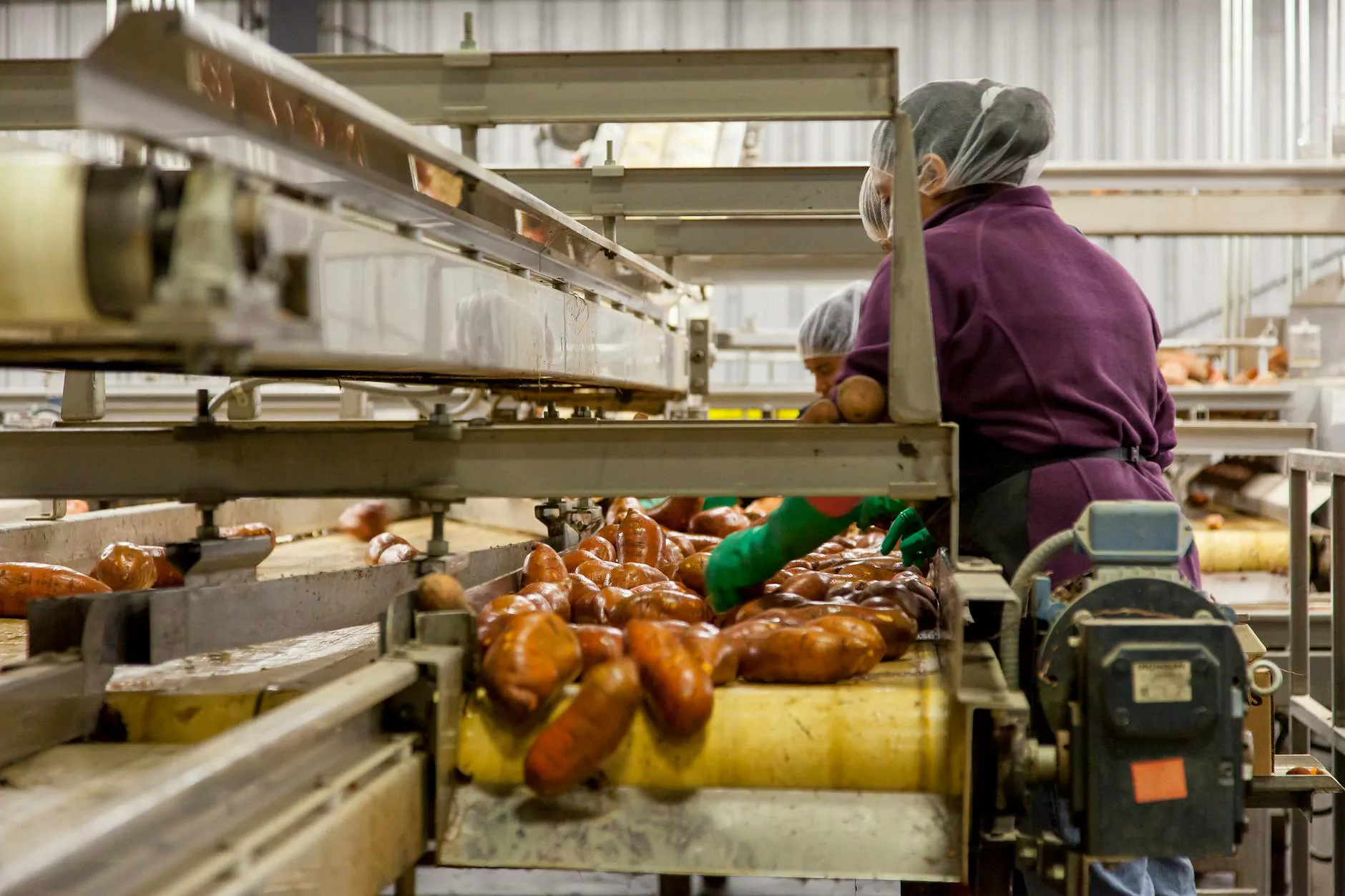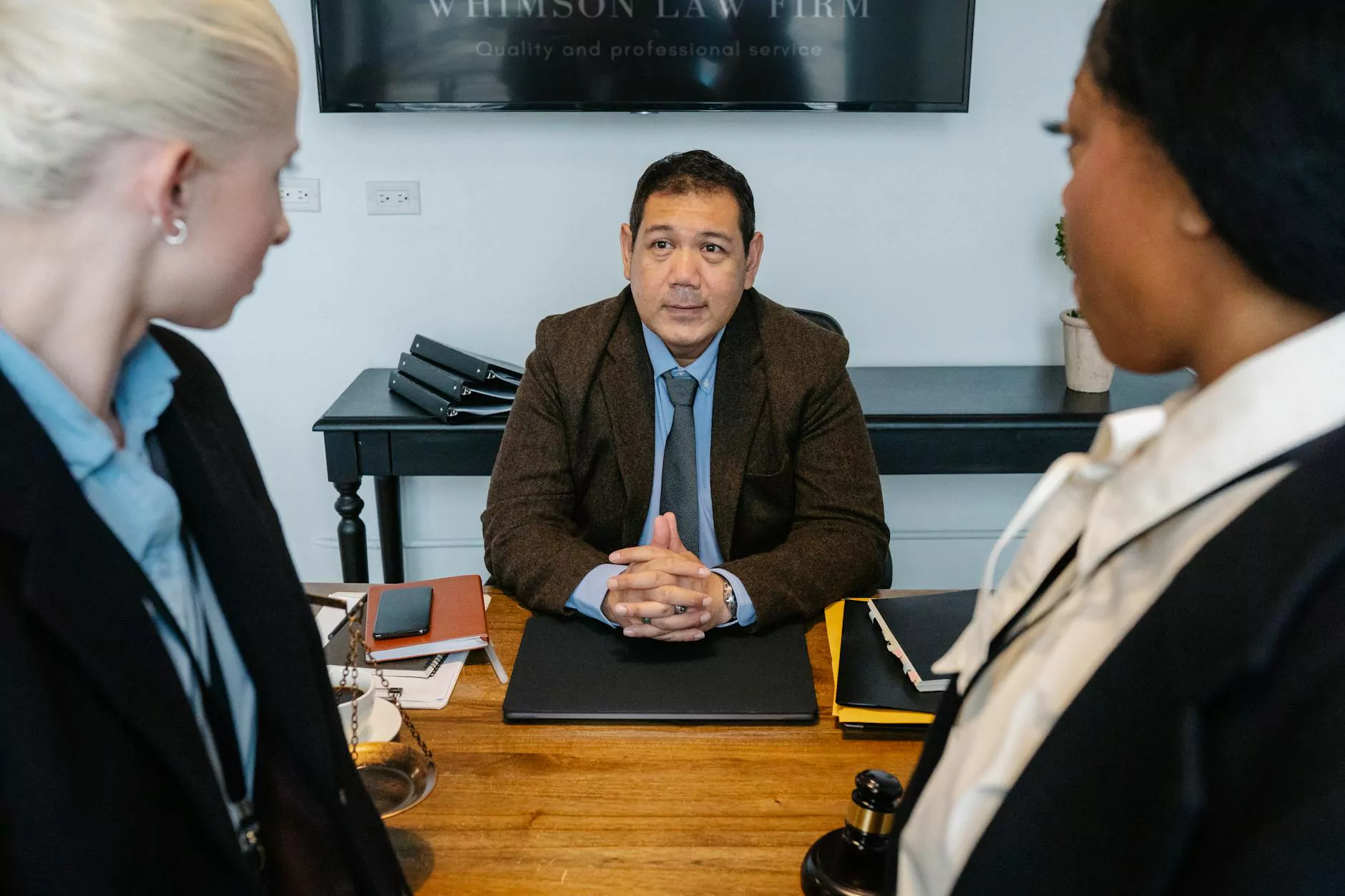Key Steps in the Commercial Litigation Process

Welcome to Baytowne Reporting's guide on the key steps involved in the commercial litigation process. Our expert team of court reporters is here to provide comprehensive reporting services for commercial litigation cases. Understanding the various stages of commercial litigation can help you navigate the legal landscape with confidence.
1. Initial Case Assessment
The commercial litigation process begins with an initial case assessment where you consult with your attorney to evaluate the merits of your case. This involves a thorough review of the relevant documents and evidence, identifying potential legal issues, and discussing possible strategies for resolution.
2. Pre-Filing Investigation
Before filing a lawsuit, careful investigation and collection of evidence take place. This includes gathering relevant documents, interviewing witnesses, and conducting research to strengthen your case. Your attorney will work closely with you to ensure that all necessary information is obtained.
3. Complaint and Answer
Once the pre-filing investigation is complete, your attorney will draft and file a complaint, outlining the allegations against the opposing party. The defendant will then respond with an answer, either admitting or denying the allegations. This stage sets the foundation for the litigation process.
4. Discovery
Discovery is a pivotal phase in commercial litigation. It allows both parties to gather and exchange evidence, question witnesses under oath, and obtain relevant information. The discovery process includes written interrogatories, requests for document production, depositions, and expert witness evaluations.
4.1 Written Interrogatories
Written interrogatories involve a series of written questions submitted by one party to the opposing party. The responses must be answered under oath and are used to obtain information, clarify facts, and define the scope of the case.
4.2 Document Production
Document production entails the exchange of relevant documents between the parties involved. It includes contracts, emails, financial records, and any other material that may be crucial to the case. Proper document organization and indexing are essential for efficient discovery.
4.3 Depositions
Depositions involve the oral questioning of witnesses and parties involved in the case. Court reporters play a vital role in accurately recording the depositions, transcribing the testimonies, and creating a permanent record of the statements made under oath.
4.4 Expert Witness Evaluations
Expert witnesses provide specialized knowledge and opinions relevant to the case. Their evaluations are particularly valuable in complex commercial litigation matters. Expert witnesses may be required to provide reports, undergo depositions, and testify at trial if necessary.
5. Motion Practice
Motion practice refers to the stage where attorneys use written requests to ask the court for specific rulings or actions. Motions can address a wide range of issues, such as the admissibility of evidence, dismissal of claims, or request for summary judgment. Attorneys present their arguments, supporting their positions based on legal principles.
5.1 Summary Judgment
Summary judgment is a motion requesting the court to rule in favor of one party before trial. It is often based on the asserted absence of material issues of fact, leading to a decision based solely on the applicable law. The court examines the evidence presented and determines whether a trial is necessary or if the case can be resolved without one.
6. Settlement or Trial
At this point, the parties may explore the possibility of a settlement through negotiations or alternative dispute resolution methods. Settlements can help avoid the lengthy trial process, enabling both parties to reach an agreement that is mutually acceptable. If a settlement cannot be reached, the case proceeds to trial.
7. Trial and Verdict
The trial involves presenting evidence, examining witnesses, and making legal arguments before a judge or jury. The court considers the presented evidence, applies the law, and reaches a verdict. The decision reached can have a significant impact on the outcome of the case and any potential damages awarded.
8. Appeals and Post-Trial Remedies
In certain cases, either party may choose to appeal the trial court's decision if they believe an error in law or procedure occurred. Appeals allow a higher court to review and potentially overturn the lower court's ruling. Alternatively, post-trial remedies may seek enforcement of the judgment or resolution of any remaining disputes.
Baytowne Reporting understands the complexities of the commercial litigation process. Our experienced court reporters ensure accurate, timely, and reliable court reporting services for commercial litigation cases.
For all your commercial litigation reporting needs, trust Baytowne Reporting. Contact us today to learn more about our professional services.










